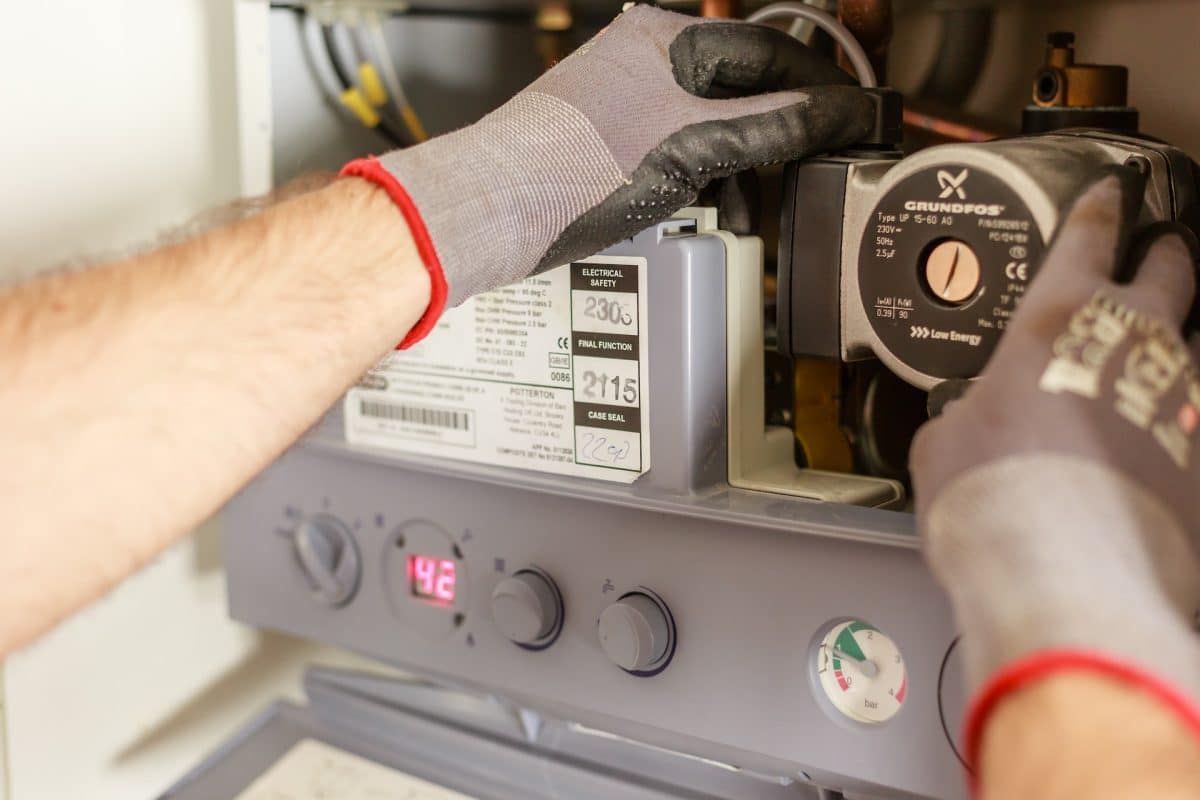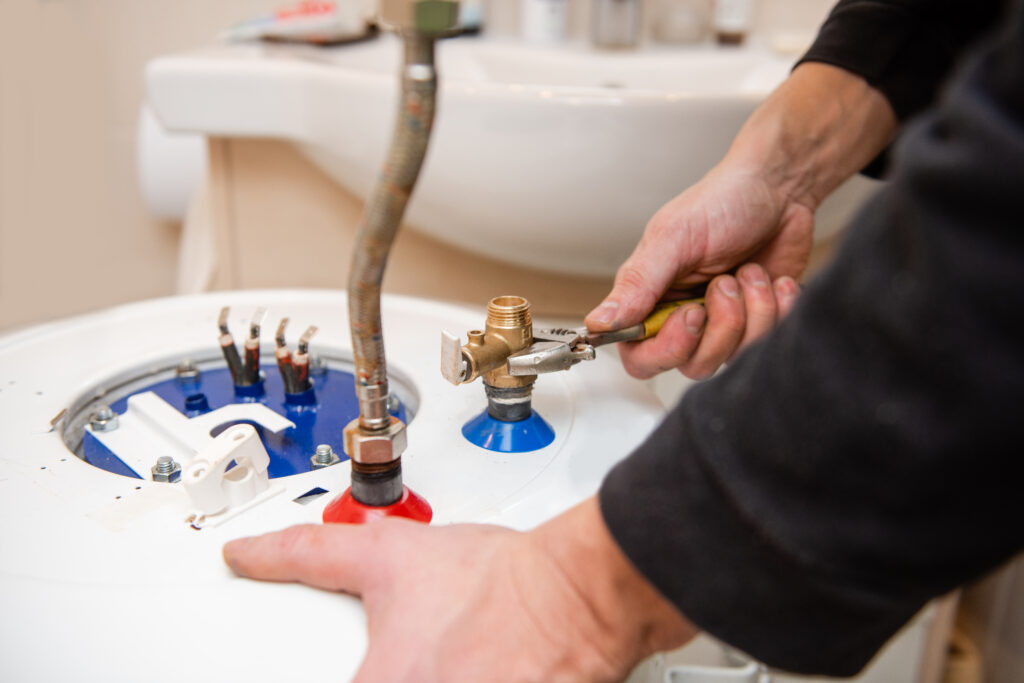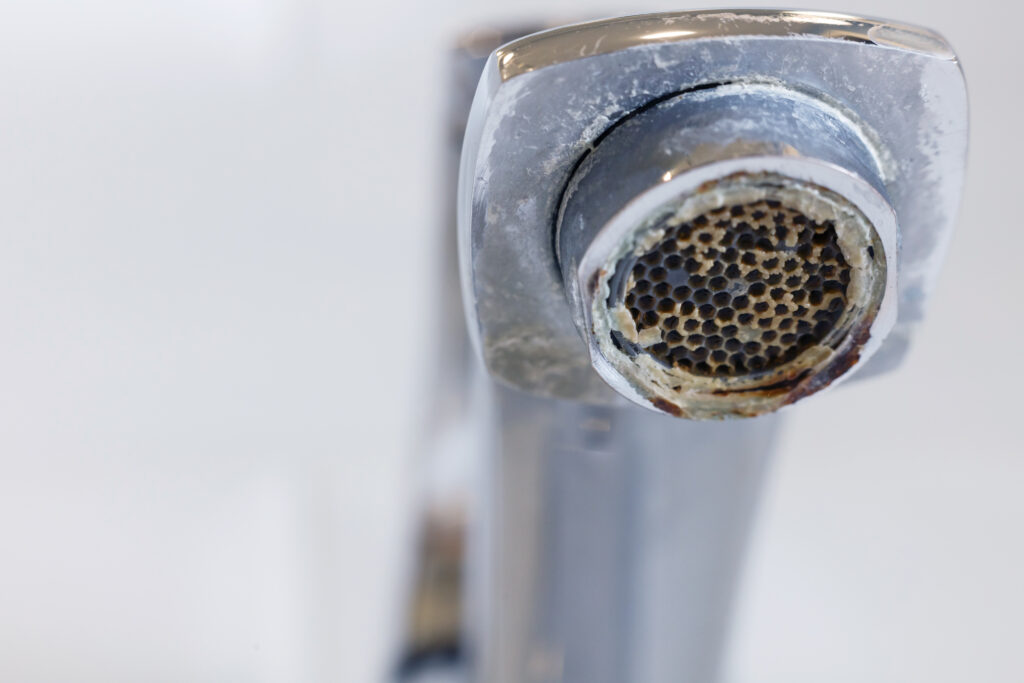Water heaters and plumbing systems are the unsung heroes of our homes, silently providing us with hot water for showers, washing dishes, and performing various daily tasks. While often overlooked, understanding these systems is crucial for maintaining a comfortable and functional home. In this blog post, we will delve into the world of water heaters and plumbing, exploring their types, maintenance tips, and common issues to help you make informed decisions and keep your household running smoothly.
- The Types of Water Heaters: a) Conventional Storage Tank Water Heaters: This type stores and heats a specific amount of water in a tank, ready for use when needed. b) Tankless Water Heaters: These compact units heat water instantly as it flows through the unit, providing an endless supply of hot water. c) Heat Pump Water Heaters: Utilizing electricity to transfer heat from the air or ground, heat pump water heaters are energy-efficient alternatives. d) Solar Water Heaters: Harnessing the sun’s energy, these systems use solar collectors to heat the water, reducing both energy consumption and utility bills.
- Plumbing Basics: a) Supply Plumbing: The network of pipes responsible for delivering fresh water to various fixtures in your home. b) Drainage Plumbing: The system of pipes that carries wastewater away from your home and into the sewer or septic system. c) Venting: Plumbing vents help maintain the proper balance of air pressure in the plumbing system, preventing water traps from becoming dry and releasing sewer gases. d) Water Pressure: Understanding and regulating water pressure is essential for preventing leaks, burst pipes, and other plumbing problems.
- Maintenance Tips: a) Regular Inspections: Periodically check for leaks, corrosion, and sediment buildup in your water heater and plumbing system to address issues promptly. b) Flushing the Water Heater: Drain and flush your water heater annually to remove sediment, which can affect its efficiency and lifespan. c) Insulating Pipes: Insulate exposed pipes to prevent freezing during colder months and conserve energy by reducing heat loss. d) Leak Detection: Familiarize yourself with the location of your home’s main water shut-off valve and periodically check for leaks throughout your plumbing system.
- Common Plumbing Issues: a) Clogged Drains: Whether caused by hair, soap scum, or other debris, clogged drains can be resolved using chemical drain cleaners, plungers, or calling a professional plumber. b) Dripping Faucets: A leaking faucet not only wastes water but also indicates potential underlying problems with worn-out washers or faulty valves that require repair or replacement. c) Low Water Pressure: This issue can be caused by mineral deposits, pipe corrosion, or problems with the municipal water supply. A plumber can diagnose and address the underlying cause. d) Water Heater Problems: Issues like inadequate hot water, strange noises, or water discoloration may indicate problems with the water heater’s heating element, thermostat, or sediment buildup. Seeking professional assistance is recommended.
Conclusion: Water heaters and plumbing systems play vital roles in our daily lives, providing us with the comfort and convenience of hot water and a well-functioning home. Understanding the different types of water heaters, basic plumbing concepts, and implementing regular maintenance can help prevent costly repairs, conserve energy, and ensure your home remains comfortable and efficient. Remember to address any plumbing issues promptly and consult a professional plumber when necessary. By investing time and attention in your water heater and plumbing system, you can enjoy a worry-free living space for years to come.





